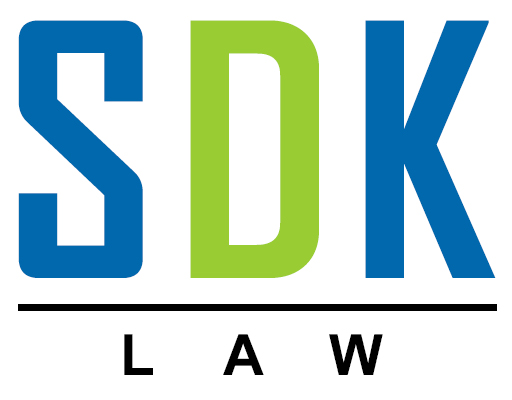Jackson - The New Small Claims Limit
After a lot of worry about the changes to the CPR after 1 April 2013, things may not be as bad as we feared.
The rise in the small claims limit remains a particular concern and I still maintain that if I were in business (and not a lawyer) I would want to be able to instruct a solicitor to pursue a debt for £10,000 or to defend a claim for a similar amount knowing that I was not spending as much on the lawyer as I stood to gain from the litigation.
£10,000 is a lot of money to lose. Of course, clients can instruct solicitors on such matters but the difficulty is that in the small claims track there is no prospect of recovering any more than a token payment towards costs. They can also elect not to instruct a solicitor and deal with the case on their own. This involves a degree of devotion to learning the law, the procedures and how things are done at court.
It also involves a strong likelihood that any small claims track trial will take a lot longer than it should. I already have some anecdotal evidence of District Judges despairing because of the extra work in dealing with trials between litigants in person who have little idea of the law and even less of how to present their cases effectively. No neatly paginated bundles of documents, no skeleton arguments and no clue as to when they should be speaking and when they should be listening.
After much thought, it occurred to me that all of this really calls for a change in mindset on the part of solicitors and their clients.
Under the old rules, and even under the new ones to an extent and subject to the new role of proportionality when assessing costs and being over the small claims limit, the winner of a case typically received payment of his lawyer’s bill in addition to the amount of the successful claim.
This was the expectation. Now, in a small claims track case, the client has to appreciate that if he wants a solicitor to act for him, it has to be accepted that a proportion of the money being recovered will have to be spent on the solicitor’s bill.
The solicitor has to appreciate that he will either lose business which he would otherwise have got on claims between £5,000 and £10,000 or that he has to change his billing regime. Hourly rates encourage the inefficient. Most of us can tell how much time is going to be needed to deal with a case.
Why not take a median and charge it regardless of how long it takes us to do the work? The cases settling after a few letters will compensate the lawyer for those that go all the way to trial. He is not charging for the time but for the job.
The choices for the client are:
1. Act as a litigant in person and hope that you can navigate your way through the procedure and the small claims trial; or
2. Instruct a solicitor in the knowledge that you are going to have to write off some part of the money recovered; or
3. Do nothing and resign yourself to recovering none of the debt at all.
With this in mind clients seeking to recover debts of between £5,000 and £10,000 should ask about the fixed cost service which SDK Law is now offering. For an initial payment of £100 plus VAT payable at the beginning of the matter we will advise on the merit of the intended claim including the prospects of succeeding and so far as possible whether any judgment is likely to be enforceable.
If we are satisfied that the claim is a worthwhile one, we will offer a fixed fee on a value related scale to deal with the whole case up to and including a small claims trial if the case cannot be settled short of trial. The fee is payable at the beginning of the case. Because it is fixed rather than based on an hourly rate, we have every interest in completing the case quickly. The client pays the same whether the case is completed after a few letters or it proceeds all the way to trial.
